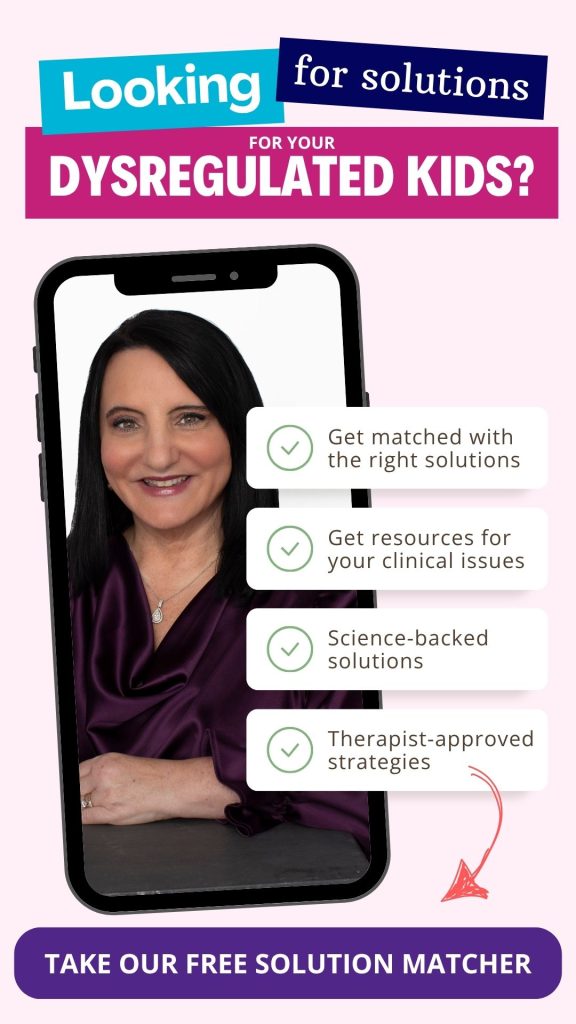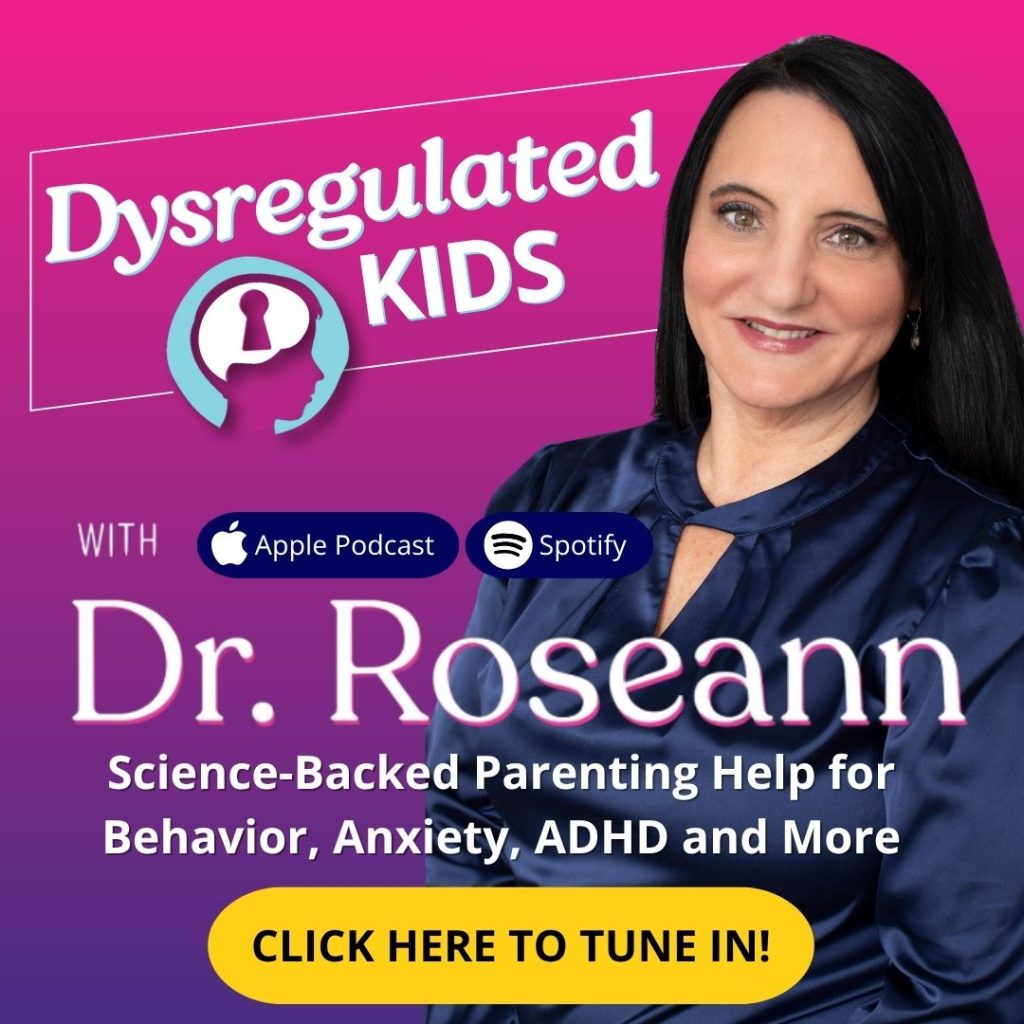For children with autism, ADHD, or co-occurring conditions, the path to independence isn’t linear. It’s filled with unique challenges that require tailored support and compassion.
In this blog, we’ll explore the signs of failure to launch in children with autism, delve into the underlying factors, and provide actionable strategies to support your child’s growth and independence.
What Is Failure to Launch in Children with Autism?
“Failure to launch” refers to a young adult’s struggle to achieve independence, often remaining financially and emotionally dependent on their parents. In children with autism, this can manifest as difficulties in transitioning to adulthood, managing daily responsibilities, or pursuing higher education or employment opportunities.
It’s important to recognize that this isn’t a reflection of your child’s abilities or potential. Rather, it’s an indication that they may need additional support to navigate the complexities of adult life.
Signs Your Child Might Be Struggling with Failure to Launch
Parents often notice certain behaviors that signal their child may be struggling with independence:
- Avoidance of responsibilities: Procrastination or reluctance to take on tasks like chores, schoolwork, or job applications.
- Difficulty with time management: Chronic lateness, missed deadlines, or disorganization.
- Social withdrawal: Avoiding social interactions or showing a lack of interest in forming relationships.
- Emotional dysregulation: Frequent mood swings, meltdowns, or heightened anxiety.
- Lack of future planning: Uncertainty about career goals, college plans, or life aspirations.
If these behaviors persist and interfere with daily functioning, it may be time to seek professional guidance.

Understanding the Underlying Causes
Several factors can contribute to failure to launch in children with autism:
- Executive functioning challenges: Difficulties with planning, organization, and decision-making.
- Sensory sensitivities: Overwhelm from sensory stimuli can hinder participation in daily activities.
- Anxiety and depression: Co-occurring mental health conditions can impede motivation and confidence.
- Social communication difficulties: Challenges in understanding social cues and building relationships.
- Rigid thinking patterns: Difficulty adapting to change or considering alternative perspectives.
Understanding these underlying causes is crucial in developing effective strategies to support your child’s growth.
How to Support Your Child’s Journey to Independence
Supporting your child involves a combination of patience, structure, and encouragement:
- Set realistic expectations: Establish clear, achievable goals that align with your child’s abilities.
- Create a structured routine: Consistent schedules can provide a sense of security and predictability.
- Encourage small steps: Celebrate incremental progress to build confidence and motivation.
- Promote life skills training: Teach essential skills like budgeting, cooking, and time management.
- Foster self-advocacy: Encourage your child to express their needs and preferences.
Remember, progress may be slow, but every step forward is a victory.
Strategies to Support Your Child’s Independence:
| Strategy | What It Looks Like in Daily Life | Parent Tip / Why It Works |
|---|---|---|
| Set Realistic Expectations | Break big tasks into smaller steps, e.g., making a lunch, completing one homework assignment at a time | Helps your child experience success, boosting confidence |
| Create a Structured Routine | Consistent wake-up, meal, and homework times | Provides predictability and reduces anxiety |
| Encourage Small Steps | Celebrate completing chores or handling small responsibilities independently | Builds motivation and a sense of accomplishment |
| Promote Life Skills Training | Teach budgeting, cooking, laundry, or using public transportation | Equips your child with practical skills for independence |
| Foster Self-Advocacy | Encourage your child to ask for help, express needs, or make decisions | Empowers them to communicate effectively and build autonomy |
| Use Visual Supports & Checklists | Daily task charts, reminders, or schedules | Supports executive functioning and reduces overwhelm |
| Provide Positive Reinforcement | Praise effort, not just results | Reinforces progress and builds self-esteem |
The Role of Therapy and Professional Support
Therapeutic interventions can play a pivotal role in helping your child navigate the challenges of independence:
- Cognitive Behavioral Therapy (CBT): Addresses negative thought patterns and promotes problem-solving skills.
- Social skills training: Enhances understanding of social cues and improves interpersonal interactions.
- Occupational therapy: Assists in developing daily living skills and managing sensory sensitivities.
- Family therapy: Improves communication and strengthens family dynamics.
Collaborating with professionals can provide tailored strategies to support your child’s unique needs.
When to Seek Additional Help
If your child exhibits persistent difficulties despite your efforts, it may be time to consult with a specialist:
- Lack of progress: No improvement in independence or daily functioning over time.
- Escalating behaviors: Increase in anxiety, depression, or disruptive behaviors.
- Co-occurring conditions: Emergence of additional mental health or developmental concerns.
Seeking help early can lead to more effective interventions and better outcomes.
Check Our Brain Behavior Reset Program: In our 1:1 program, you’ll receive 6-months of personalized care tailored to the unique needs of your child and family. So you can finally see your child calm, healthy, and happy.
Supporting a child with autism through the challenges of failure to launch requires understanding, patience, and a commitment to fostering independence.
By recognizing the unique needs of your child and providing tailored support, you can help them navigate the path to adulthood with confidence.
Remember, you’re not alone on this journey. Seek guidance, celebrate progress, and continue advocating for your child’s well-being.
Read more about: A Nervous System Approach to Autism Treatment: What Every Parent Needs to Know
FAQs
Is “failure to launch” a formal diagnosis?
No, it’s a colloquial term used to describe challenges in achieving independence. However, underlying conditions like autism, ADHD, or mental health disorders may require formal evaluation and diagnosis.
Can therapy help my child become independent?
Yes, therapeutic interventions can equip your child with the skills and strategies needed to navigate adulthood successfully.
How can I support my child without enabling them?
Establish clear boundaries, encourage responsibility, and provide consistent support to foster independence while maintaining a healthy relationship.
Should I consider residential programs for my child?
Residential programs can offer structured environments with specialized support. Consult with professionals to determine if this is appropriate for your child’s needs.
Citations
Cleary, M. (2024). When the education system and autism collide. Journal of Adolescent Research, 39(2), 123-145. https://doi.org/10.1080/01612840.2024.2328251
Connolly, S. E., & Smith, J. A. (2023). School distress and the school attendance crisis. Frontiers in Psychiatry, 14, Article 1237052. https://doi.org/10.3389/fpsyt.2023.1237052
Cage, E. A., & Howes, J. (2017). Experiences of autism acceptance and mental health in autistic adults. Autism, 21(7), 876-888. https://doi.org/10.1177/1362361317693148
Dr. Roseann Capanna-Hodge is a licensed mental health expert that is frequently cited in the media:
- Parents Are Your Kid’s Meltdowns a Sign of Rejection Sensitive Dysphoria?
- Scary Mommy What Is Self-Regulation In Children, And How Can You Help Improve It?
- Medicinal Media Different minds grow awareness: understanding the autism spectrum
Disclaimer: This article is not intended to give health advice and it is recommended to consult with a physician before beginning any new wellness regime. *The effectiveness of diagnosis and treatment vary by patient and condition. Dr. Roseann Capanna-Hodge, LLC does not guarantee certain results.
Are you looking for SOLUTIONS for your struggling child or teen?
Dr. Roseann and her team are all about science-backed solutions, so you are in the right place!
©Roseann Capanna-Hodge










